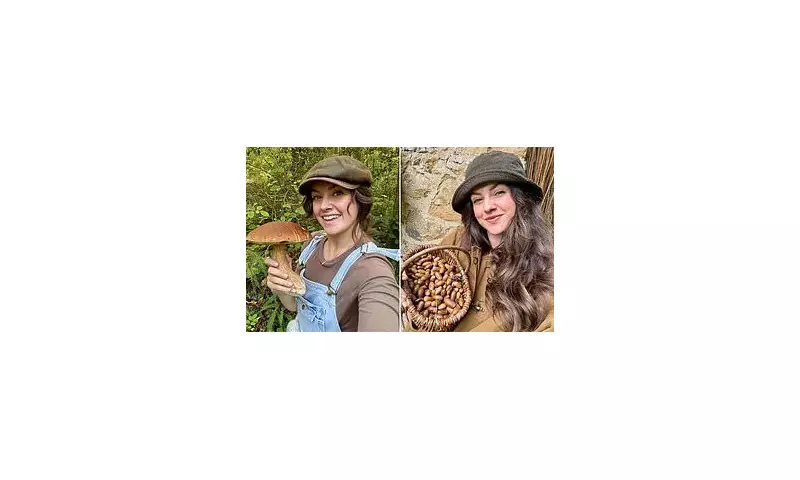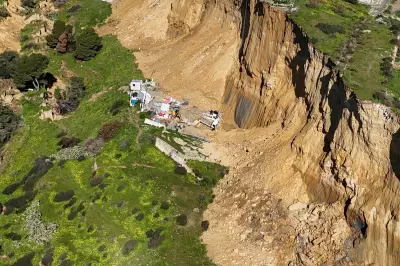
A dangerous new trend sweeping across Britain's countryside is seeing middle-class foragers desecrating natural habitats and risking serious poisoning in their quest to replicate picturesque social media posts.
The Instagram Effect on Countryside Foraging
Driven by beautifully curated content from influencers glamourising wild food gathering, amateur foragers are stripping woodlands bare of fungi and berries without proper knowledge or consideration for the environment. The phenomenon has reached epidemic proportions in popular rural areas, with conservationists reporting significant ecological damage.
Poisoning Incidents on the Rise
Hospital admissions for mushroom and plant poisoning have seen a worrying increase as inexperienced foragers misidentify toxic species. Medical professionals report treating everything from severe gastrointestinal distress to life-threatening organ failure resulting from consumption of misidentified fungi.
"We're seeing people who've never foraged before heading out with wicker baskets after watching a few TikTok videos," explains Dr Eleanor Vance, a toxicology specialist at St Thomas' Hospital. "Many dangerous mushrooms closely resemble edible varieties, and the consequences of getting it wrong can be fatal."
Ecological Consequences of Mass Foraging
- Native wildlife deprived of crucial food sources
- Fungi networks essential for woodland health being destroyed
- Rare plant species being trampled and damaged
- Popular walking routes becoming stripped bare of vegetation
The Social Media Influence
Platforms like Instagram and TikTok have created a perfect storm, with influencers often failing to mention the risks, required expertise, or environmental considerations involved in foraging. The pursuit has become another middle-class lifestyle accessory, prioritising aesthetic appeal over knowledge and sustainability.
"It's not the traditional, knowledgeable forager we're concerned about," says National Trust countryside manager James Whitaker. "It's the sudden influx of people with no understanding of ecosystems or species identification, taking far more than they need and leaving destruction in their wake."
Conservationists Sound the Alarm
Environmental organisations are calling for greater public education and potentially even seasonal restrictions on foraging in vulnerable areas. The situation has become particularly acute in the New Forest, Peak District, and Lake District, where the combination of picturesque scenery and abundant wildlife has made them social media hotspots.
As autumn approaches—peak foraging season—authorities are preparing for what many fear could be the worst year yet for both environmental damage and poisoning incidents.





